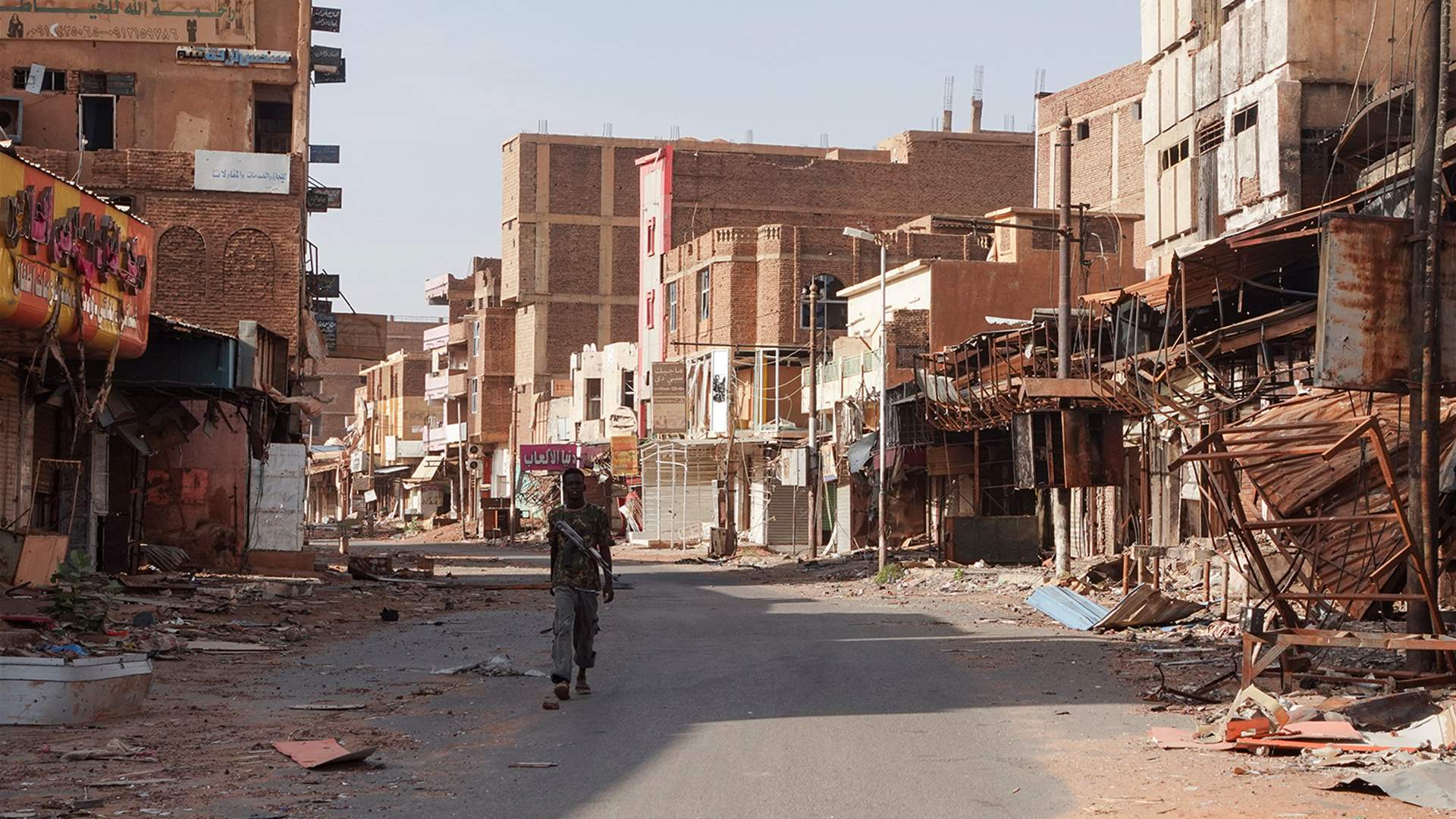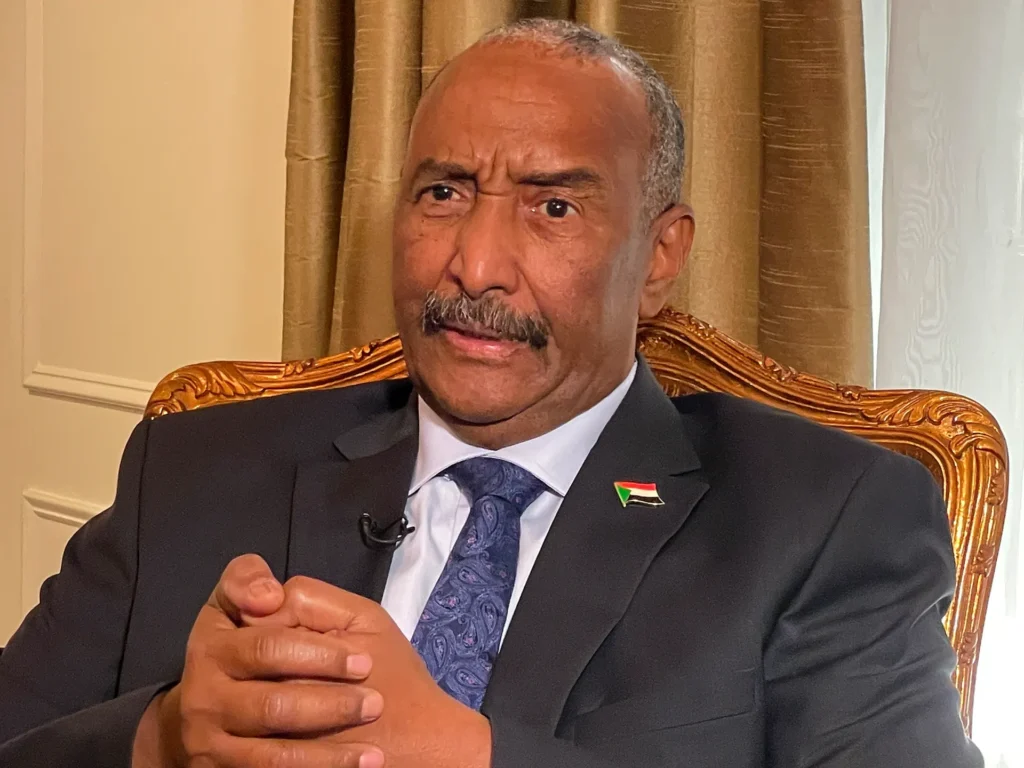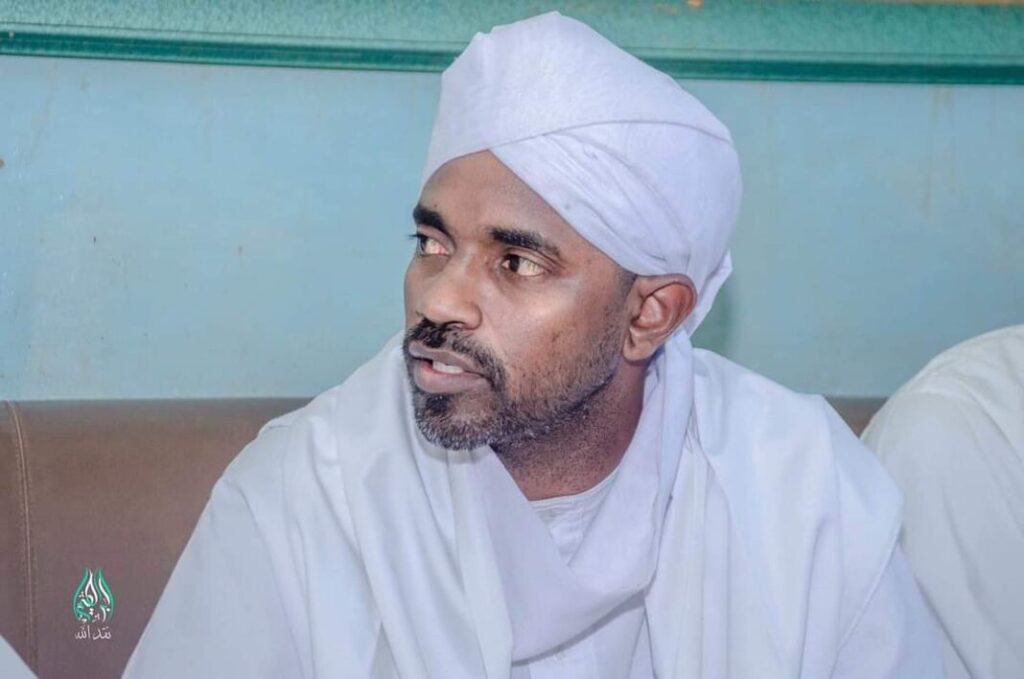
Sudan’s Sovereign Council announced on Thursday that it would allow the use of the Adre border crossing with Chad for a three-month period, offering a critical window for aid agencies to deliver much-needed humanitarian assistance to famine-threatened areas in Darfur.
Global monitors estimate that over 6 million people are facing severe food insecurity across Darfur, much of which is under the control of the Rapid Support Forces (RSF).
The RSF, a powerful armed group, has been locked in a 16-month conflict with SAF, exacerbating the dire situation.
Famine conditions have reportedly taken hold in North Darfur’s Zamzam camp, further amplifying the urgency of aid deliveries.
Earlier this year, the Sudanese army-aligned government blocked the use of the Adre crossing, citing concerns of weapons smuggling into RSF-held territories.
RSF has denied these claims.
The blockade has left thousands of tonnes of aid stranded in Chad, as the RSF maintains control over the Adre crossing. The army’s alternative route through the al-Tina crossing has been severely hampered by heavy rains, causing further delays.
Aid agencies have also voiced frustrations over the inefficiency of other government-approved crossings, which require navigating multiple conflict zones and extending delivery times significantly.
In a statement on Thursday, Othman Khojali, the deputy head of Sudan’s Humanitarian Aid Commission, dismissed international calls for a U.N. Security Council intervention to override the Adre blockade, calling it a “political agenda” aimed at undermining Sudan’s sovereignty.
He defended the army-controlled government’s decision to open the crossing, framing it as a preemptive move ahead of talks in Switzerland aimed at ending the war and facilitating humanitarian aid.
While denying UN reports confirming that there is a famine taking place in Darfur, Khojali blamed UN, international actors and RSF for what he called “food insecurity” in Darfur.
According to global monitors, Sudan’s food insecurity crisis extends beyond Darfur, with half of the country’s 50 million people currently at risk of severe hunger.
The reopening of the Adre border crossing is seen as a temporary but crucial measure to alleviate the suffering in one of the country’s hardest-hit regions.




